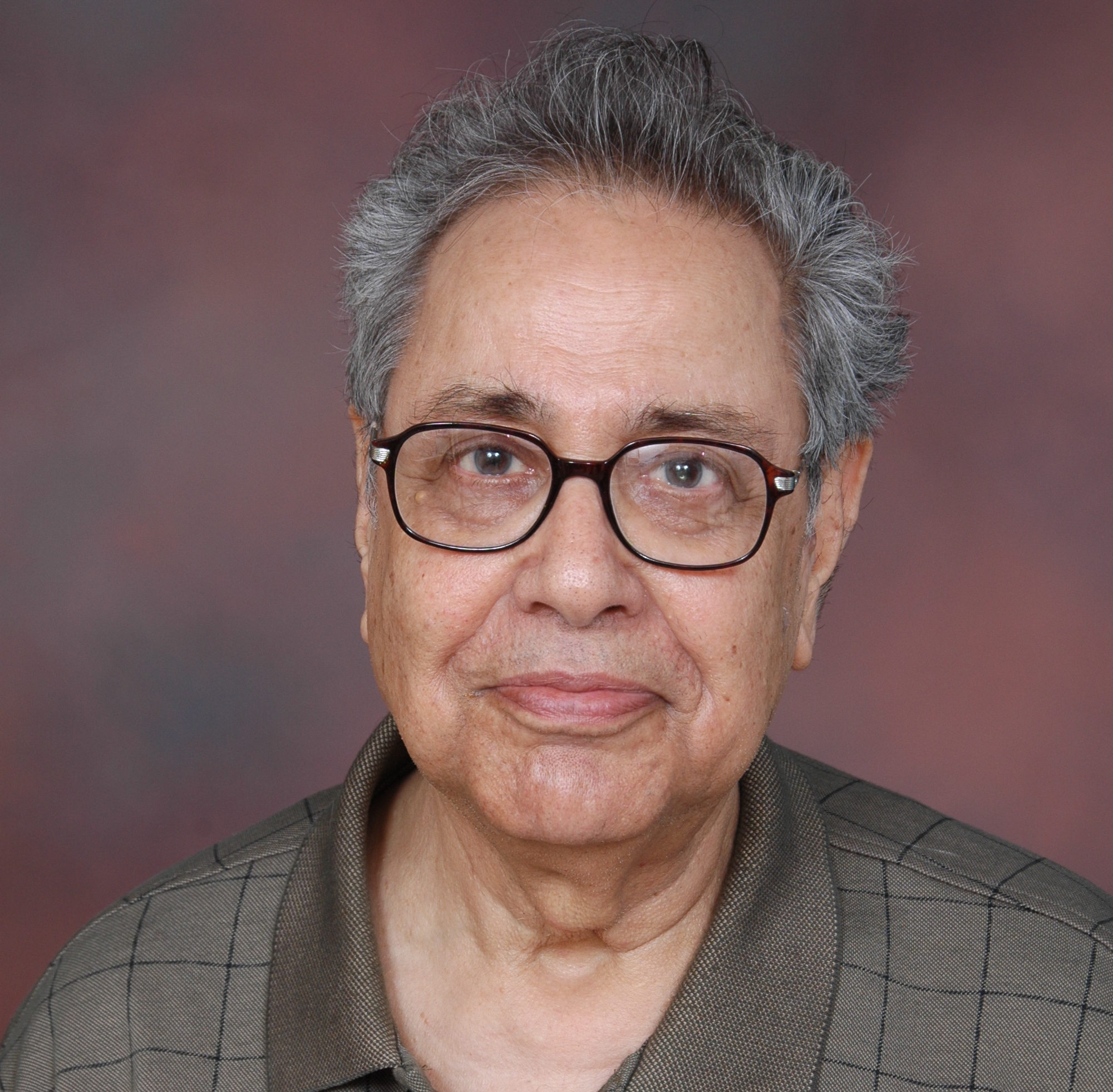
Of poets and insects
(Dr Satyapal Anand)
No, the title is not a bracketing together of the sublime and the ridiculous. I do not intend talking about poets as insects. It is all about poets and insects.
An insect, says Robert Lynd, in his celebrated essay، is an ugly looking creature regarded with disgust and abhorrence all the world over. An insect, says the lab-bound entomologist, is a small invertebrate animal that usually has a segmented body and often wings. Bugs, says every school-going child, are a pest.
Insects own our planet. They outnumber all other species put together. Hated by mankind, they have been subjected to chemical and other means of mass destruction. Notwithstanding man’s eternally waged war against them, they have actually flourished and multiplied, increasing their population at as alarming a scale, if not more as of mankind itself.
Poets are equally prone to this primordial prejudice against insects, and as tender-skin Terra firma dwellers they also swoon or shiver at the obnoxious touch exactly like the fabled lovely lady, but as poets they are different. They have their poetic vision to scan qualities other than parasitical and homopterous, that is blood sucking and singing or biting, found in insects.
Look at an Urdu poet eulogizing the bravery of a mosquito who warns of his impending attack even before he has sucked his victim’s blood.
پشے سے سیکھے شیوہ ٔ مردانگی کوئی
جب قصد ِ خوں کو آئے تو پہلے پکار دے
(Let someone learn the art of manhood from the brave conduct of a mosquito / When it comes to attack, it gives a warning before hand.)
Might be of interest for you too: Community ruins literature by Jason Guriel
You see, poets have their own poetic vision to scan qualities other than parasitical and homopterous, (a difficult word, indeed!), i.e. blood-sucking and stinging or biting that insects specialize in. While the experts have stayed satisfied with listing and cataloguing, the poets have actually sung praises extolling the virtue of their existence.
God in his wisdom made the fly
And then forgot to tell us why
(Egdon Nash)
Fly, as we know, is an insignificant insect, smaller than a bee, harmless looking and defenseless, at least at first sight. But ask a man of science and he would tell you about a thousand different germs attached to its wings and legs. A poet, however, is not a scientist and long before we knew about germs and bacteria, poets regarded this little insect with sympathy and understanding. William Oldys (1690-1791) wrote in his The Fly
Busy, curious, thirsty fly
Drink with me and drink as I
Freely welcome to my cup,
Could’st thou sip and sip it up;
Make the most of life you may
Life is short and wears away.
To the poet, the innocent-looking fly was no more than a thirsty insect and its noble habits were worthy of study and emulation. Its tenacity of purpose, repetitive efforts to achieve its objective, tireless endeavour and infinite exertions to get its food were subjects of praise. Theodore Tilton (1835-1907) an American poet wrote a ditty for a play:
Baby bye
Here’s a fly,
Let us watch him, you and I
How he crawls
Up the walls
Yet never falls.
Now it is not always that poets, particularly English – I mean British – poets – have praised insects for their tenacity which human beings don’t have. There have been satirists among them who have the world of fleas to satirically the world of human beings. Swift, the poet we read in our text books, presents the idea of blood suckers in human beings.
So naturalists observe, a flea
Has smaller fleas that on him prey:
And these have smaller still to bite them
And so proceed ad infinitum
Thus every poet in his kind
Is bit by him that comes behind.
In Urdu, to cite a bad example for a good cause, there was Yagana Changezi (یگانہ چنگیزی) who, bit by bit, continued to bite Mirza Ghalib all his life. The fact that، with his face blackened with paint, he was made to ride a donkey, in the streets of Lucknow, didn’t deter him for having his last fling at Ghalib.
غالب، وہی مغلوب جو چاٹا کیے تلوے
اُس شہنشاہ کے، کہ جو خود نمک خوار تھا
(No fun in spoiling the couplet by translating it into English).

